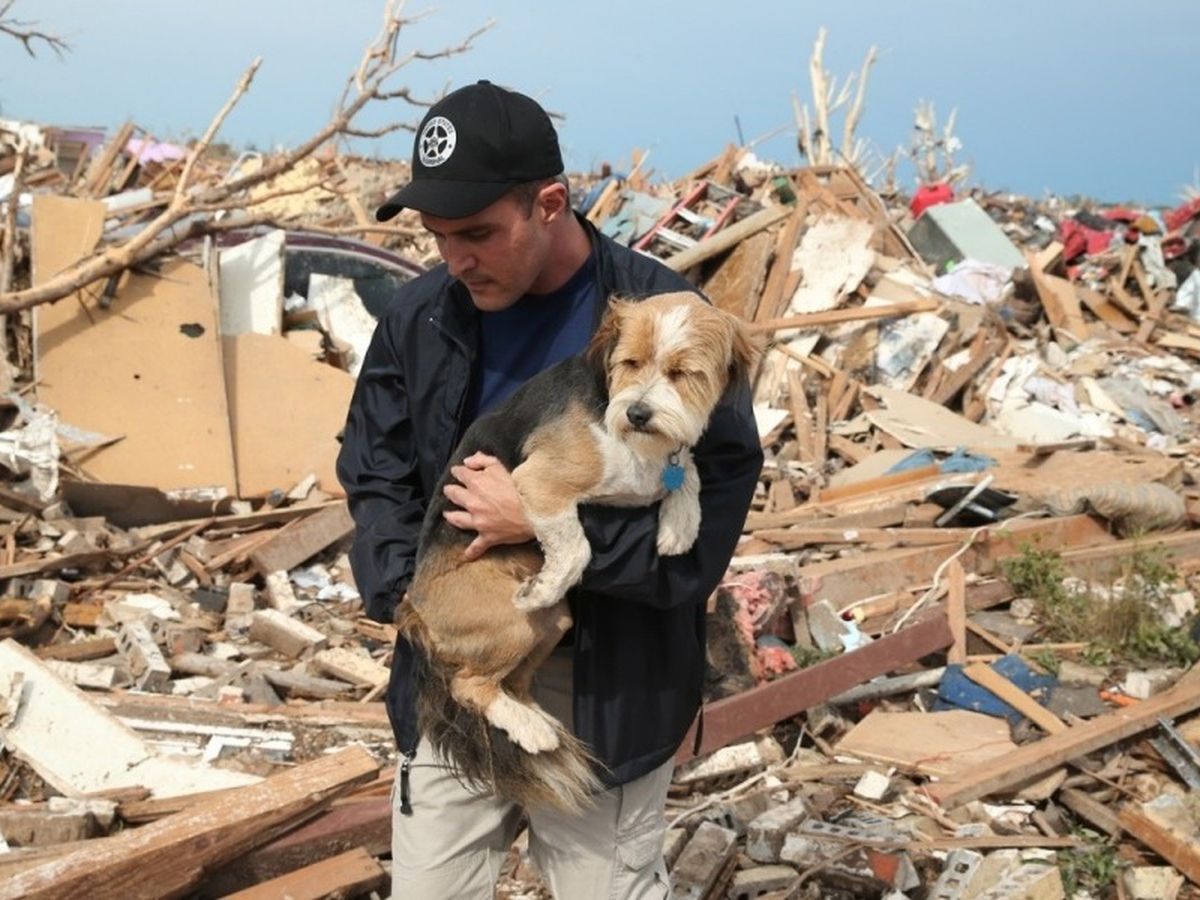This site has funded the book "How to Prepare for Coming Storms", and is now solely to fund John Xenakis and his efforts in Generational Dynamics.
The book is available now. Donating $25 will give you access to the book . It will be sent to you in pdf format once you follow the instructions that will be sent to you after you make your donation.
This campaign, if funded to $3350 will (along with the earlier campaign) provide $4000 to John for his efforts.
Here is the intro and outline of the book:
In order to prepare for the future, we have to have a rough idea of what is coming. The vast majority of people think that tomorrow will be the same as yesterday and today. Because they personally have not experienced something, they think that those events or experiences they have never experienced (and don’t want to experience) will never happen to them. They live with their heads in the sand, aware only of their current personal situation and what is currently popular and in fashion. Such people are completely unprepared for the disasters that are about to unfold. They will not be equipped to deal with them, and as a result, many if not most of them will not survive.
The world is about to enter not just a period of uncertainty, but one of actual calamity. These calamities include: economic disasters, wars of extreme magnitude, plagues (diseases FAR more deadly than the current overhyped variety), natural disasters (earthquakes, tidal waves, hurricanes, droughts, floods, fires, and so on), and even societal collapse.
This sounds rather extreme, but the world’s inhabitants have actually had to deal with all of these things before. Therefore, we know what people went through in dealing with these things in the past, and this can help us prepare to go through such experience ourselves. It is TOO LATE to prepare when these things actually start to happen.
"How to Prepare for Coming Storms" will cover:
1. What’s Coming and Why
2. Timelines
3. What the Impact Will be
4. How to Prepare
a. Financially
b. Family
c. Community
d. Security
e. Health
f. Water
g. Shelter
h. Food
i. Energy
j. Equipment
k. Education
l. Mental/Spiritual Health
m. Helping Others
5. Conclusions
The book is available now. Donating $25 will give you access to the book . It will be sent to you in pdf format once you follow the instructions that will be sent to you after you make your donation.
This campaign, if funded to $3350 will (along with the earlier campaign) provide $4000 to John for his efforts.
Here is the intro and outline of the book:
In order to prepare for the future, we have to have a rough idea of what is coming. The vast majority of people think that tomorrow will be the same as yesterday and today. Because they personally have not experienced something, they think that those events or experiences they have never experienced (and don’t want to experience) will never happen to them. They live with their heads in the sand, aware only of their current personal situation and what is currently popular and in fashion. Such people are completely unprepared for the disasters that are about to unfold. They will not be equipped to deal with them, and as a result, many if not most of them will not survive.
The world is about to enter not just a period of uncertainty, but one of actual calamity. These calamities include: economic disasters, wars of extreme magnitude, plagues (diseases FAR more deadly than the current overhyped variety), natural disasters (earthquakes, tidal waves, hurricanes, droughts, floods, fires, and so on), and even societal collapse.
This sounds rather extreme, but the world’s inhabitants have actually had to deal with all of these things before. Therefore, we know what people went through in dealing with these things in the past, and this can help us prepare to go through such experience ourselves. It is TOO LATE to prepare when these things actually start to happen.
"How to Prepare for Coming Storms" will cover:
1. What’s Coming and Why
2. Timelines
3. What the Impact Will be
4. How to Prepare
a. Financially
b. Family
c. Community
d. Security
e. Health
f. Water
g. Shelter
h. Food
i. Energy
j. Equipment
k. Education
l. Mental/Spiritual Health
m. Helping Others
5. Conclusions


